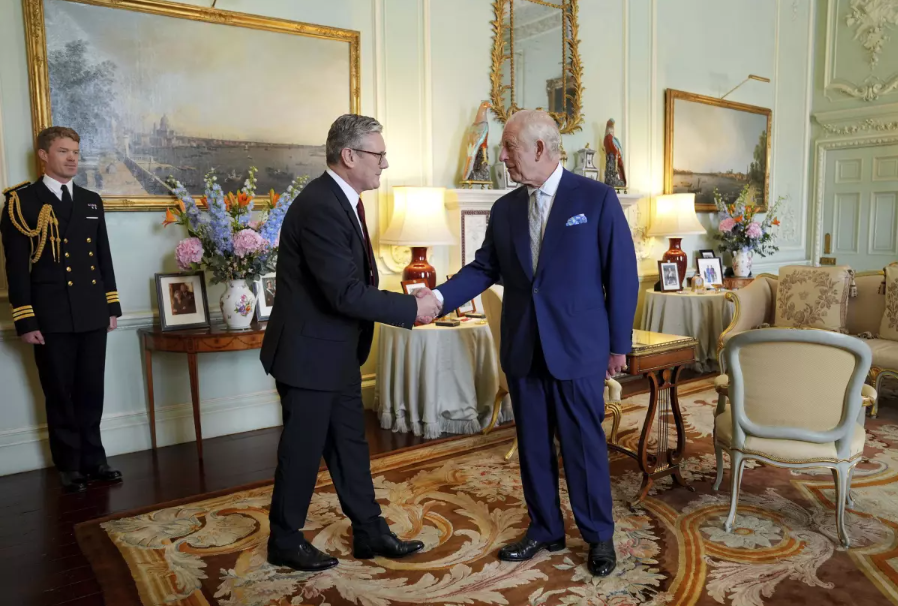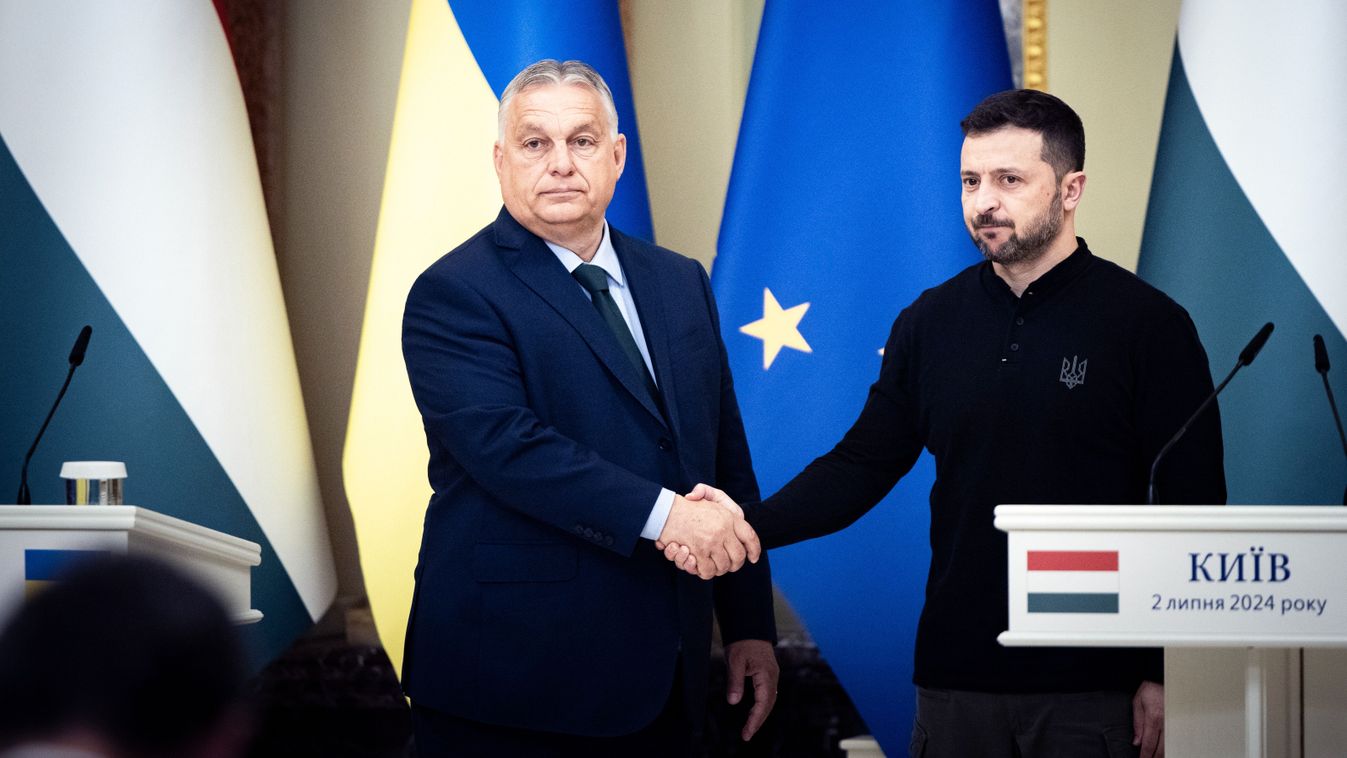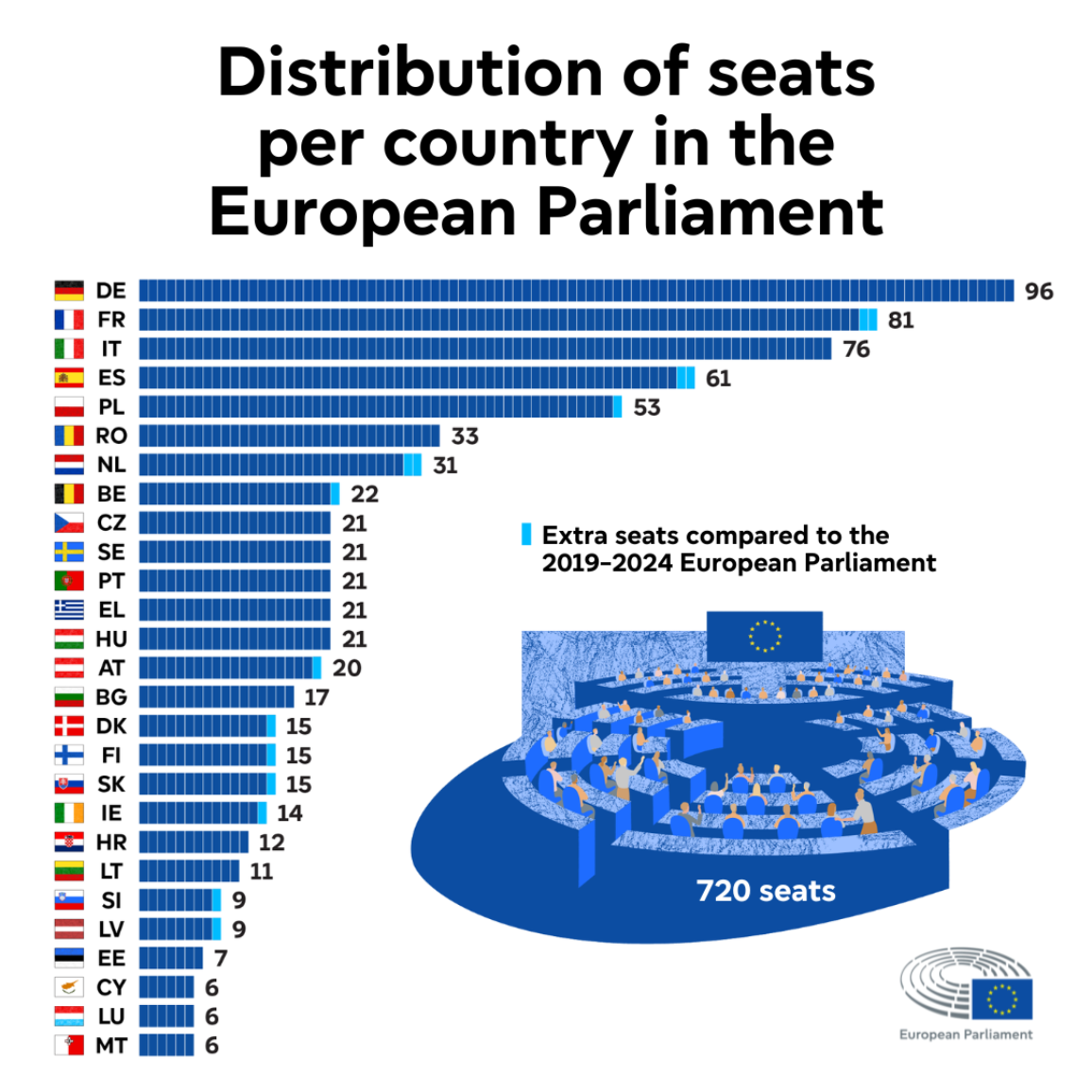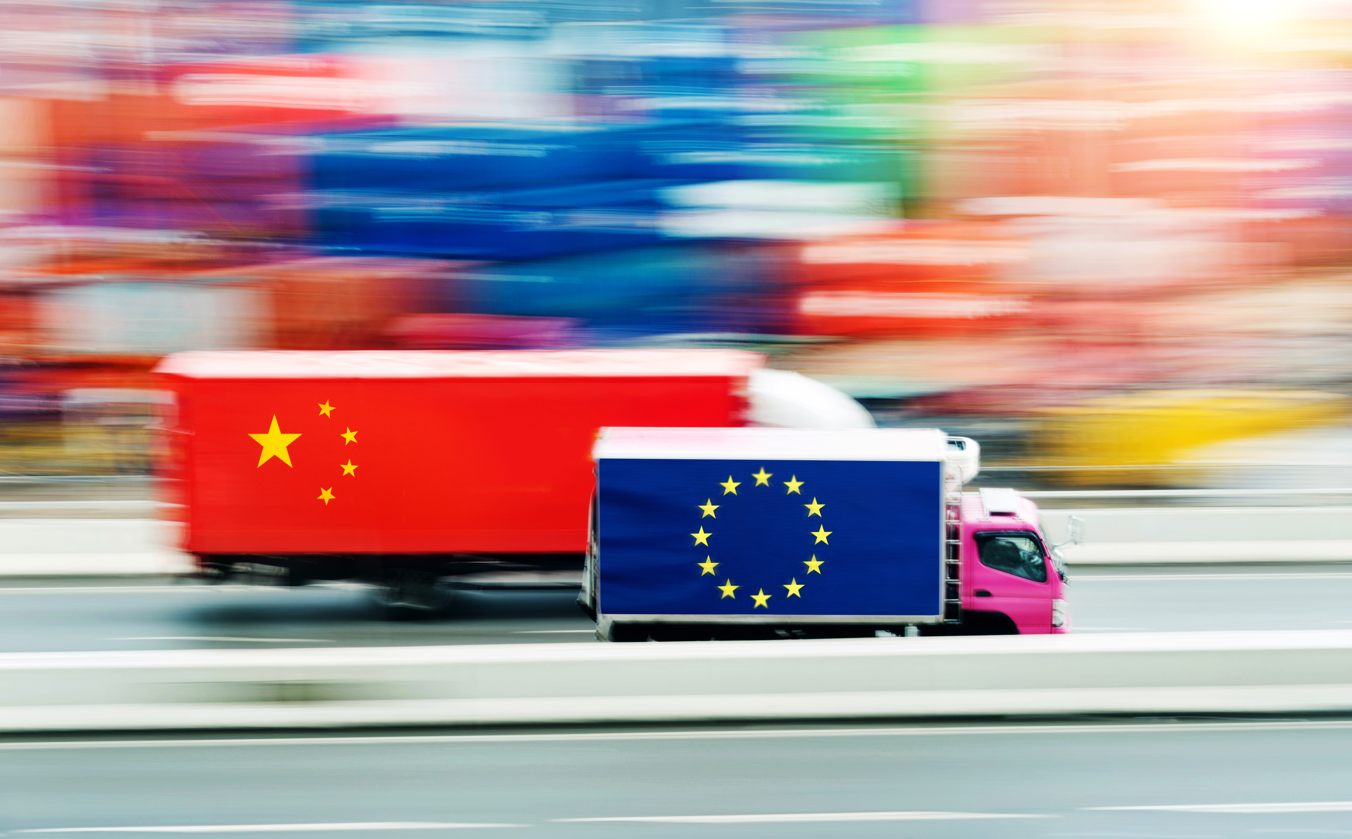
Brian Wong, Assistant Professor in Philosophy and Fellow at Centre on Contemporary China and the World, HKU and Rhodes Scholar
Jul 26, 2024
Britain’s recent change in leadership will test its ability to navigate its relationship with a powerful China - both an important trading partner and formidable foe on the global stage. As one of the West’s preeminent powers, the UK must move with sound strategy to achieve its goals.
Dong Yifan, Associate Research Fellow, Belt and Road Academy of Beijing Language and Culture University
Jul 26, 2024
As the countries lean more to the left, they may use relations with China to counter the growing radical right movement in the United States and its domino effect in Europe.

Xiao Bin, Deputy Secretary-general, Center for Shanghai Cooperation Organization Studies, Chinese Association of Social Sciences
Jul 25, 2024
NATO formally took a hard stance against Russia at its Washington summit, dampening the initiative. But without a rational understanding of responsibility for the war, peace in Europe will remain elusive, and security issues may spill over into Asia.

Chen Xiaojing, Assistant Fellow at Department for European Studies, China Institute of International Studies
Jul 19, 2024
Some sharp contrasts, as well as broad similarities, between the two major European countries’ political environments were revealed by the latest elections. They are likely to be a shaping force in geopolitics.
Zhao Chen, Research Fellow, European Institute of the Chinese Academy of Social Sciences
Jul 09, 2024
A shift to the right has plunged leaders of major EU countries into a trust crisis that threatens to undermine the consensus between Europe and China on major global issues, such as climate change, globalization and world peace.

Yang Yao, Professor, China Center for Economic Research and the National School of Development at Peking University
Jul 04, 2024
After an eight-month investigation, the European Union has announced that it will impose tariffs as high as 38.1% on electric vehicles (EVs) from China to offset the unfair advantages created by Chinese government subsidies. In retaliation, China immediately launched an anti-dumping probe into pork imports from the EU. The two sides are now negotiating a solution to the trade dispute in Beijing.

Jade Wong, Senior Fellow, Gordon & Leon Institute
Jul 03, 2024
The transformations spurred by the election are evolutionary rather than revolutionary. This year’s contest was less dramatic than earlier ones and the outcomes were more incremental.

Jade Wong, Senior Fellow, Gordon & Leon Institute
Jul 03, 2024
The transformations spurred by the election are evolutionary rather than revolutionary. This year’s contest was less dramatic than earlier ones and the outcomes were more incremental.

Zhou Xiaoming, Former Deputy Permanent Representative of China’s Mission to the UN Office in Geneva
Jun 28, 2024
America’s fundamental strategy of creating trading blocs of approved partners will have disastrous global consequences. The Great Depression in the 1930s was brought on, in part, by U.S. protectionism. The world must now guard against a similar calamity.

Shang-Jin Wei, Professor, Finance and Economics at Columbia University
Jun 20, 2024
On June 12, the European Union announced new provisional levies on Chinese electric vehicles (EVs), with the tariff level to be based on estimates of how much state support an EV exporter receives. The new tariffs follow from a months-long investigation into China’s use of financial subsidies, and they will be imposed on top of the 10% tariff that the EU already has in place. They are “provisional” because they might be revised downward if Chinese producers can offer evidence that the support they receive is less than estimated. Separately, if the EU can reach an agreement with China to reduce the volume of Chinese EV exports to Europe, the new tariffs may not be implemented.
Back to Top

- China-US Focus builds trust and understanding between the U.S. and China through open dialogue among thought leaders.
- Our Offerings
- Topics
- Videos
- Podcasts
- Columnists
- Research Reports
- Focus Digest
- Stay Connected
-
Thanks for signing up!
- Get the latest stories from China-US Focus weekly.